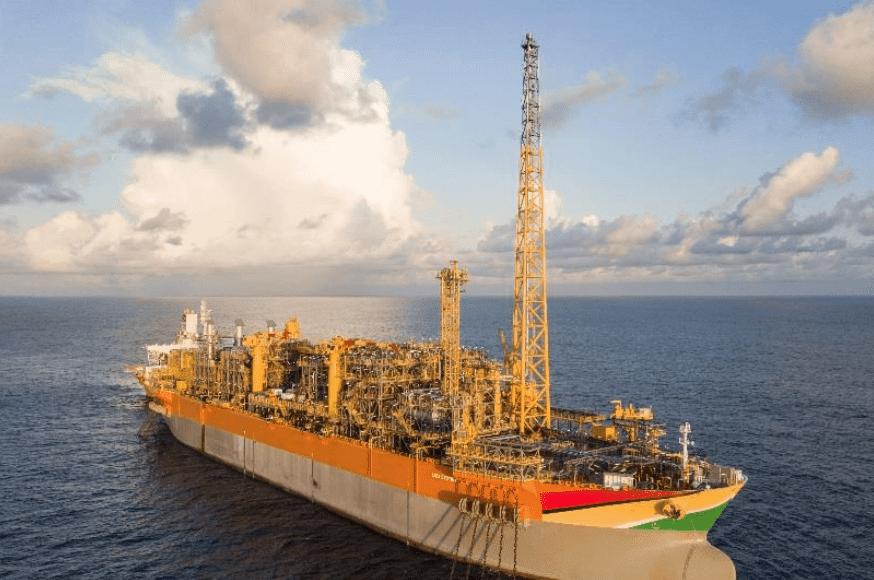With a population of around 800,000 people, Guyana’s modest piece of global oil and gas output already makes a big difference to the South American country with a lead international analytics provider saying just the Liza reservoir alone gives it the power to be energy intendent.
“The current liquid consumption in the country is only about 14,000 or 15,000 barrels per day of liquids,” said Isaac Nuti, Senior Technical Researcher at IHS Markit. “So basically, as soon as Liza started production it was already producing enough to take care of the country’s needs if that’s ever a route that they choose to go.”
The Liza Phase 1 Development came on stream in December 2019 with peak production of around 120,000 barrels of oil per day (bpd).
“So, they essentially have the power to be energy independent, so that’s a huge deal especially when you take this into context,” Nuti stated, pointing out that Guyana, historically a poor country, had even entered an arrangement with Venezuela where it traded rice for oil, to help meet its national energy needs.
“They had an oil for rice program with Venezuela which was a program where basically Guyana would supply rice to Venezuela in exchange for their oil needs. That kind of paints a picture as to where the country was sitting and then basically that’s entirely getting turned around now,” he said.
And Liza Phase 1 is only the beginning. ExxonMobil, operator at the prolific Stabroek Block, has already sanctioned two more developments – Liza Phase 2 and Payara – and is currently seeking environmental authorisation for a fourth project at Yellowtail. All combined, Guyana will be producing over 800,000 bpd by 2025 and will surpass the 1 million barrels per day milestone before the decade ends. Exxon has also said it anticipates 10 FPSOs will be operating offshore, developing the more than 9 billion barrels of oil equivalent resources it has found so far.
Nuti said Guyana’s GDP is currently sitting at about 4 billion which translates to around $5,000 per capita. “And I’ve seen some forecasts that say this could ramp up to about 20 billion, so about six or seven times the current GDP, increasing out to rates of about 20% per year as oil and gas production kind of ramps up. It makes a huge difference in material. And it’s not just oil and gas either, it’s the industries around it too.”
President Ali pushes 60% reduction in electricity cost as part of gas to power initiative
The country is currently pursuing a project to land a pipeline onshore from the Liza field where gas will be used to produce low-cost energy. The US$900 million project is expected to cut electricity rates by more than half and produce a range of products for commercial use.
Gas pipeline will bring major economic, environmental and social benefits to Guyana – Ramnarine
The country’s Vice President has said the gas to power project will see Guyana saving around US$160 million annually in power cost.



